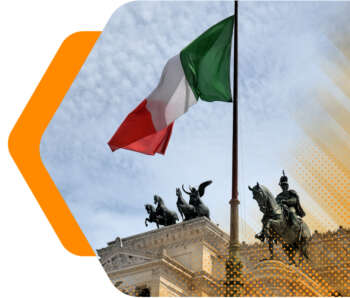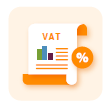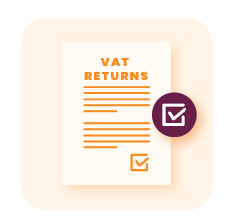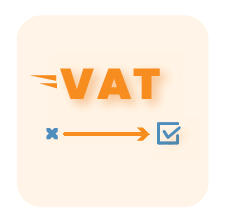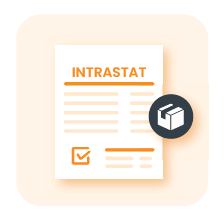Reverse Charge & “Call Off Stock” in Italy
The reverse charge system is used for intra-Community acquisitions of goods and for the delivery of goods and services in Italy when provided by non-resident taxable entities to resident taxable entities.
A “call off stock” arrangement arises when goods, owned by a foreign supplier, are sent to another country for storage, often at the premises of the customer. The customer takes items from this stock as needed. The legal ownership of these goods is transferred from the supplier to the customer only when they are withdrawn from the stock.
Learn all about reverse charge and “call off stock” in Italy in our comprehensive guide below.
Selling in Italy?
Italy “Call off stock”
In Italy a “call off stock” simplification exists for such stock arrangements. If goods are under the exclusive control of a single Italian customer, based on a sale or return basis (contratti estimator – where ownership isn’t transferred until the goods are taken by the customer), the overseas company isn’t obliged to register for Italian VAT. When the customer accesses the items, it’s considered an intra-community transaction. A specific stock agreement must be in place between the parties to facilitate this VAT treatment.
EU’s Call-off Stock Simplification: For the call-off stock arrangements to enjoy simplification under the VAT Directive, certain conditions must be adhered to:
- A taxable entity or an acting third party ships or transports goods to another taxable entity in a different Member State. The destination cannot be the primary place of business for the supplier.
- At the time the goods are dispatched or transported, the supplier must already know the identity of the intended buyer, who is VAT-registered in the receiving Member State, along with the buyer’s VAT identification number for that state.
- The supplier is responsible for monitoring the movement of goods and must file an ECSL return detailing the transactions. Depending on the volume of the goods, there might also be an Intrastat reporting obligation for the supplier.
Italy – Import VAT
According to Article 67 of the Italian VAT Law, “import” transactions refer to the introduction of goods into Italy from a non-EU country that have not yet been released for free circulation in the EU.
The Italian VAT law follows the EU VAT Directive’s Article 2(1)(d) which treats imports as taxable unless an exemption or exception is applicable, and such transactions are generally subject to taxation under Article 1 of the Italian VAT Law.
Certain types of imports into Italy qualify for an exemption from Italian VAT. For instance, when goods are re-imported in their original condition by the same individual who previously exported them, they can be exempted as long as they meet the criteria for customs duty exemption. Additionally, goods donated to public entities or to certified organizations focused solely on aid, charity, education, research, or science are also exempt. This exemption also extends to goods donated to communities impacted by natural disasters or officially declared catastrophes.
From 1 July 2021, VAT is charged on all commercial goods imported into the EU, regardless of value.
Last Updated: 08/09/2023
Disclaimer
The information provided by Global VAT Compliance B.V. on this webpage is intended for general informational purposes only. Global VAT Compliance B.V. is not responsible for the accuracy of the information on these pages, and cannot be held liable for claims or losses deriving from the use of this information. If you wish to receive VAT related information please contact our experts at support@gvc.tax

